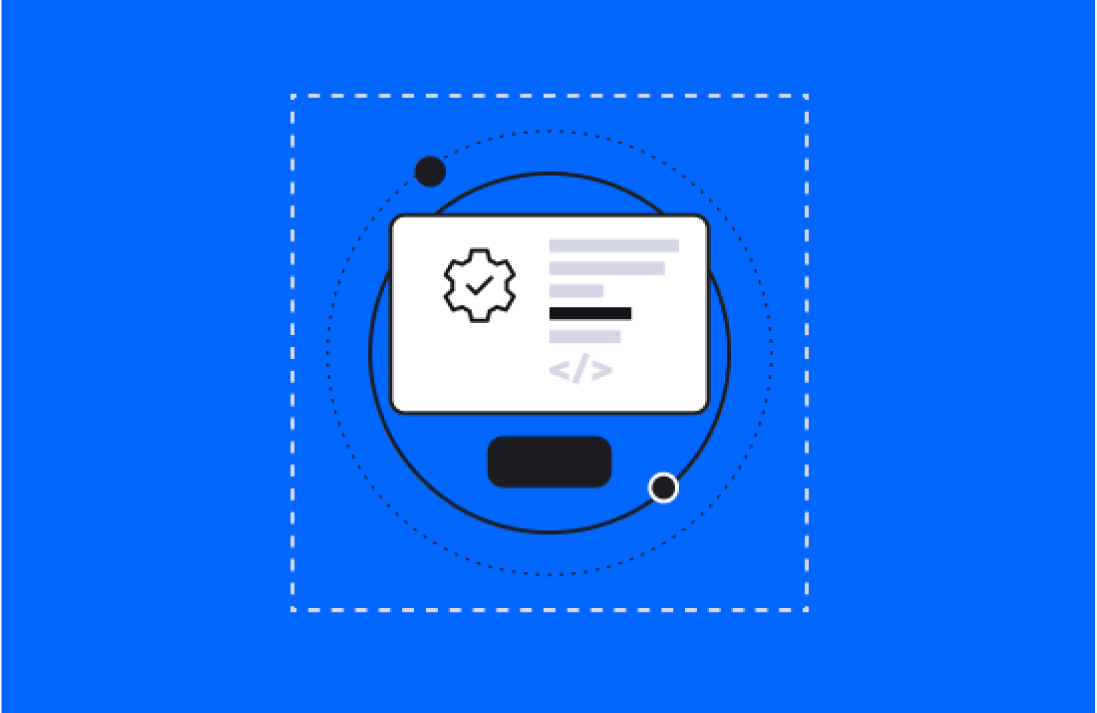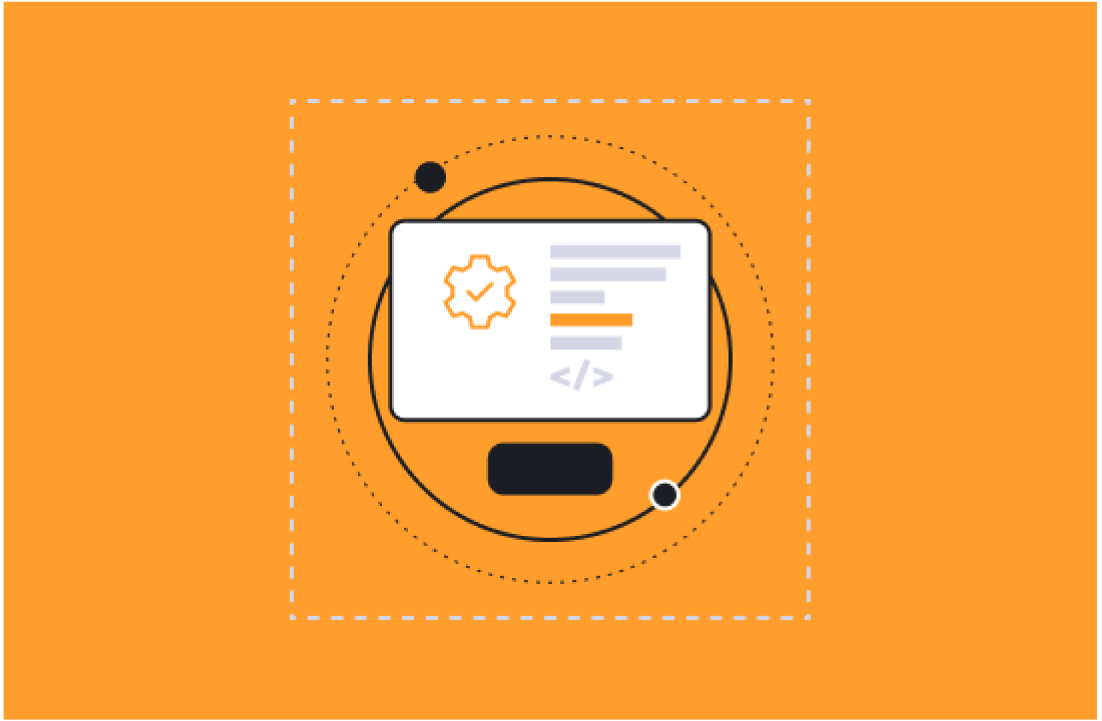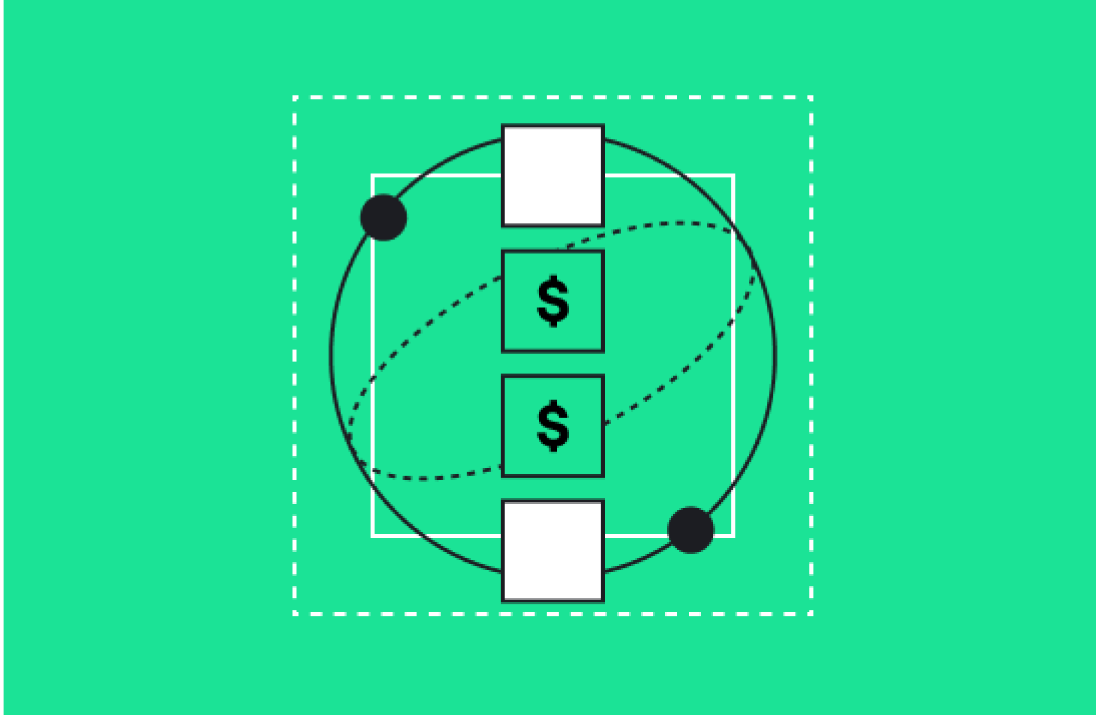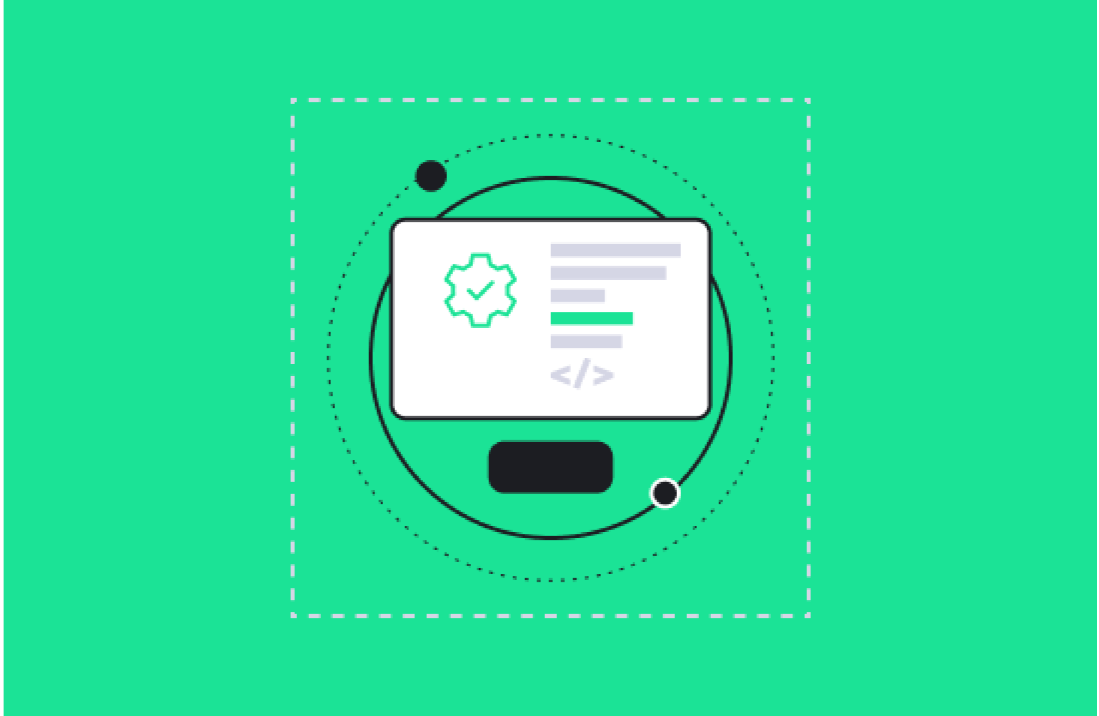If you’re getting started with HubSpot Service Hub onboarding, understanding the difference between HubSpot tasks and support tickets is critical. Both tools offer powerful functionality—but they serve distinct roles. Tasks are ideal for internal workflows, while tickets streamline customer issue resolution. In this article, we break down use cases for each and share tips to help you build an efficient HubSpot support ticket workflow that works across your team.
HubSpot Tickets
HubSpot tickets are customer support requests, and they're through the HubSpot Service Hub. They act as a record of all the interactions between a customer and your company. HubSpot tickets include information like the date, time, and type of request, as well as any attachments or notes.
HubSpot users can create a ticket manually by navigating to the Service Hub and clicking on “Create Ticket.”
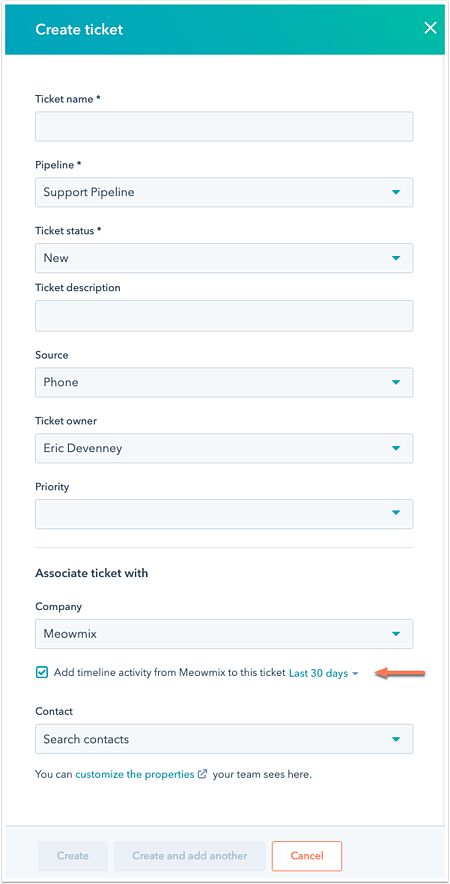
(Source: HubSpot Knowledge Base)
However, you can also create workflows so HubSpot customers can create tickets in a few different ways, such as:
- By emailing your support address
- By filling out a contact form on your website
- By calling your support number
Once a ticket is created, it's automatically assigned to a member of your team. You can then use the HubSpot Tickets tool to manage and track the progress of each request.
Depending on your business, a ticket could be used for a variety of different service requests. They are especially useful for companies that sell software. However, they can be used in almost any instance in which a customer needs to make an inquiry or resolve a problem with your company.
How to Use HubSpot Tickets
Let's say you own a SaaS company that sells software to small businesses. Your customer base is growing, and you're starting to get more support requests. To keep track of all these requests, you decide to use HubSpot Tickets.
Now, whenever a customer has a question or issues with your software, they can create a Ticket. This Ticket will be automatically assigned to a member of your support team. The support team can then use the HubSpot Tickets tool to manage and track the progress of each request.
For SaaS companies, this enables them to identify bugs in their software as customers use it. It can also reveal opportunities for improvements, as some customers may use the system to make requests.
Overall, this system enables you to resolve customer issues quickly and efficiently, which is essential for keeping your customers happy.
HubSpot Tasks
HubSpot Tasks are actions that need to be completed within HubSpot, such as creating a new contact or updating a deal. They can be assigned to specific people, and they can be given deadlines. HubSpot Tasks can also be recurring, meaning they'll reappear on your to-do list after they've been completed.
They're different from Tickets in that they generally aren't created by customers, and they may not be directly related to customer inquiries or customer services requests. However, you can automatically generate tasks through automated workflows, including through HubSpot's Ticket system.
HubSpot Tasks are a great way to keep track of things that need to be done within HubSpot, especially if you have a lot of moving parts in your HubSpot account. They can help ensure that nothing falls through the cracks, and they can help you hit deadlines. Plus, since tasks can be recurring, they can save you time in the long run.
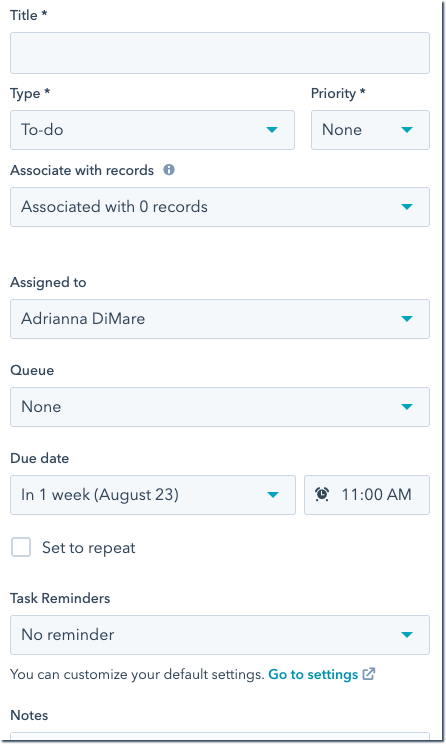
(Souce: HubSpot Knowledge Base)
You can create HubSpot Tasks manually or automatically. To create a HubSpot Task manually, go to your HubSpot Tasks dashboard and click "Create Task." Then, fill out the necessary information, including the name of the task, who it's assigned to, when it's due, and any details about the task.
For more advanced onboarding workflows, see how we handle Service Hub implementation for complex teams.
How to Use HubSpot Tasks
Tasks can be used to manage almost any process in HubSpot. As an example, let's consider how you might use HubSpot tasks to onboard a new hire.
When you add a new hire to HubSpot, you can create a task for their onboarding. This task can be assigned to their manager or another team member responsible for onboarding. The task can include all of the necessary information, such as what needs to be done and when it's due.
If you have a long employee onboarding process, HubSpot Tasks can also be created as queues. These can be a great way to keep track of everything that needs to be done.
You can create a task for each step of the onboarding process and assign it to the appropriate person. Then, you can use the HubSpot task dashboard to see who is responsible for each task and when it is due. This can help you keep track of the onboarding process and ensure that everything is getting done.
HubSpot tasks can also be used for other types of long-term projects. For example, if you are working on a website redesign, you can create a task for each step of the process and assign it to the appropriate person. This can help you keep track of the project and ensure that it is progressing as planned. HubSpot tasks are a great way to keep track of any type of long-term project.
Learn how custom objects and automation can enhance your onboarding and internal processes.
Start Using HubSpot Tasks and Tickets
HubSpot's Tasks and Tickets systems are extremely versatile, and they can work together, but they aren't interchangeable. To learn more about how you can use these systems to generate value for your business and your customers, contact us at Aptitude 8 today.


